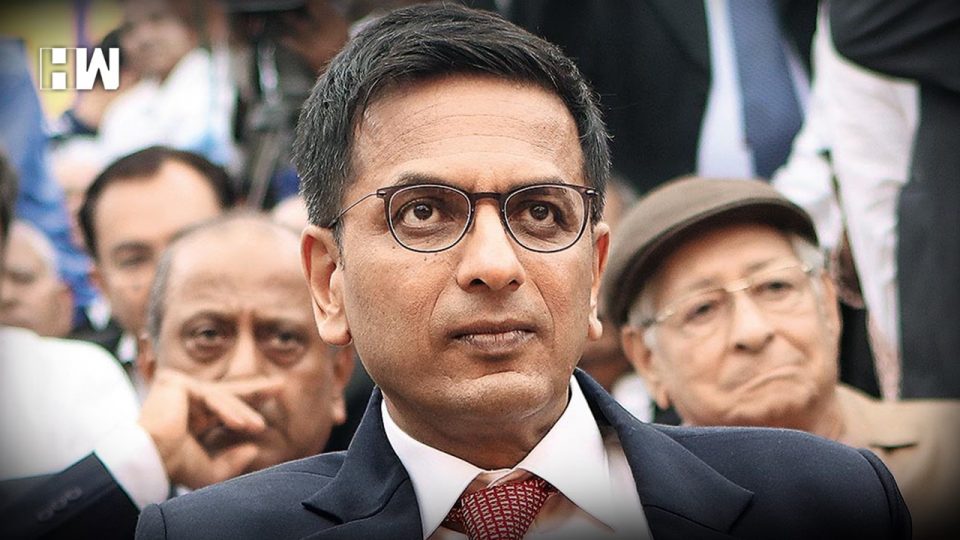The apex court judge said that even if a discriminatory law is declared unconstitutional by the court or repealed by Parliament, the discriminatory practice does not change immediately.
New Delhi: Supreme Court judge Justice DY Chandrachud on Monday said that even after independence, tribals are still victims of oppression and cruelty and investigating officers still take them into custody to cover up their shoddy investigations.
Justice Chandrachud was addressing the 13th BR Ambedkar Memorial Lecture. Its theme was ‘Conceptualising Marginalisation: Agency, Assertion & Personhood’. It was organized by Delhi’s Indian Institute of Dalit Studies and Rosa Luxemburg Stiftung, South Asia.
The apex court judge said that even if a discriminatory law is declared unconstitutional by the court or repealed by Parliament, the discriminatory practice does not change immediately.
He said that constitutional and legal mandates are not enough to protect the rights of marginalized groups including Dalits and Adivasis. Justice Chandrachud said, “The British Raj enacted the Criminal Tribes Act 1871, under which a tribe, gang or class of persons were notified for systematic offences.”
“After our Constitution came into force, the Criminal Tribes Act was repealed in 1949 and the tribes were de-notified,” he said. The Justice said, “Nearly 73 years after the tribals were de-notified, the tribals are still subjected to oppression and cruelty. Members of non-notified tribes are taken into custody by the investigating officers to cover up their shoddy investigations.
Referring to a decision of the apex court, he said, “This court has allowed a review petition filed against the conviction of six accused on charges of rape and murder in Ankush Maruti Vs. State of Maharashtra.” Justice Chandrachud said, “The judgment has judicially recognized that members of the nomadic tribes belonging to the lower strata of the society are routinely harassed by investigative agencies by using the forces of criminal law.”
The apex court judge said the Constitution mandates redistribution of material resources to further the constitutional ideal of fundamental equality. Justice Chandrachud said that even today marginalized people are insulted by institutions and society.
“Members of marginalized communities can be institutionally humiliated not only by using the law but also by establishments that maintain a conducive environment for further discrimination and humiliation,” he said. Even if a discriminatory law is deemed unconstitutional by courts or repealed by Parliament, discriminatory practice does not change immediately.’
Justice Chandrachud said he often wondered whether the ‘people’ mentioned in the Preamble of the Constitution included those tribes which were recognized as ‘notified tribes’ at the time of the commencement of the Constitution.
He asked, ‘Does this include homosexuals? Does it include women? Dalit community and specially abled people are included?’
Justice Chandrachud said that the only solution is to faithfully follow the constitutional ideals that Dr. Ambedkar helped to create and use them to change the thinking and perceptions of the society.
As an independent media platform, we do not take advertisements from governments and corporate houses. It is you, our readers, who have supported us on our journey to do honest and unbiased journalism. Please contribute, so that we can continue to do the same in future.

